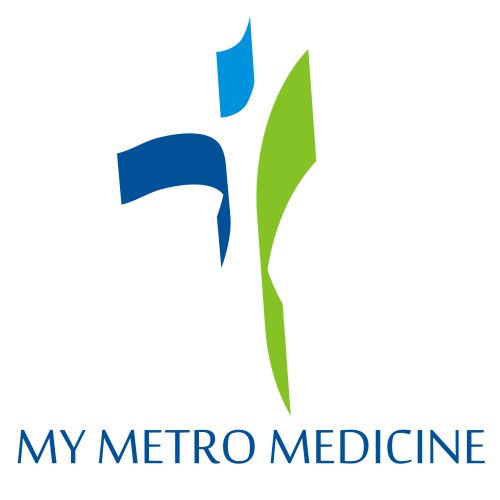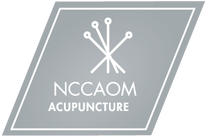|
For centuries, wars have plagued our world and wreaked havoc on its economies pushing them to the brink of collapse and forcing societies and cultures to transform in order to meet the needs of the struggling people. Ways of life have morphed into forms that no longer resemble living. The concept of "being" has been overshadowed by the practice of "doing". We are never not on the move. We are chasing life, running from death, rushing to the next thing, or running from the last thing. We constantly live in the past or in the future. Then, before we know it, we have ticked our last tock. Long life or not, our time has run out. With the passing of each moment, we no longer live in the past. The point of time where we rushed out of bed to rush and make our morning coffee to rush to work to rush home, all the while rushing to retirement and running away from death as fast as humanly possible, we are always on the move. Never stopping...always going. Never being...always doing. Life is meant to be lived and this requires action. But when one moment has passed and another is yet to come, should you fight to run from or towards either of them? Should you let your history define your present? Or should you let your history guide you to your present?
We, and all of existence, are born to live in the "now"; to live in the present. When your day at work has finished and it's time to go home, that day of work no longer exists. It is time for you to go home; to the home where you live physically, to the home where you live mentally, and to the home where you live spiritually.
A long life is by no means symbolic of a good life. Ancient texts that preserve the secret methods of longevity may have been testing the limits of time to see how far they could push them. We will never know their true purpose of this quest, nor what they were afraid of, if anything, that led them to desire the need for longevity. So I can only question their potential desire by asking, what's the point? Why focus on the need to live a lengthened number of days? Why not focus on the most effective ways to live a "good life", a happy life, and a life that exists in the present and nowhere else? Making the choice to live a "good life" is to make a choice to ignore all distractions in your life; eliminate all stressors in your life; erase all dissatisfaction from your life; and ultimately, dismiss all sense of time in your life. Choose "now", and nothing else exists. Not even time, a concept created by humans. The fact that we only get one life to live should be enough reason for us all to make the right choice: the choice to live a "good life" versus a "long life". Enjoy the moment you are in now and I guarantee you that you will forget all about your desire for a long life. That, my friend, is a "good life". And it will win every single time.
0 Comments
In the wake of another tragic moment in history where innocent lives have been lost, we find ourselves again in the same position; on our knees both mourning and pleading for answers and change. Knees bloodied, voices strained, we feel lost and confused as to why we constantly find ourselves again and again in this submissive posture. We seek answers. We seek change. We seek safety. The recent and horrific event at a Florida school has called us all to action. Consider this my small drop in the ocean moved by emotional waves of fear, confusion, and loss of life. This offering of a small drop is hopefully enough to temporarily quench our thirst for change. And within this drop is a small reminder of an ancient practice that will hopefully nourish an internal state of ease we all yearn for at this moment. This unimaginable event in Florida has re-ignited an ongoing debate, which I will not continue here as my specialty is health rather than school safety or gun legislation. However, it reminds me of an important ancient practice that can begin to heal our society and potentially prevent events such as these from happening again by focusing internally on the one person we truly have the ability to change; ourselves. The students of this school of thought were able to transform their ways of life and contributions to society in a way that sculpted their culture into a living work of art. You might recall from ancient Chinese society a school of thought called Confucianism. Now, I am not an expert in this school of thought, but I am certainly curious about one specific objective that was the overarching goal in this ancient and wise way of life that has been practiced for more than two millenia. This practice is referred to that of being a Hao Ren (好人) or "good person". By regularly practicing the ethical and humanistic beliefs of Confucianism, the students of this school of thought were able to transform their ways of life and contributions to society in a way that sculpted their culture into a living work of art. In other words, they learned to become good people. Sadly though, these beliefs have slowly disappeared over time and are virtually absent altogether in modern society erasing away our overall sense of humanity.
It is time to resuscitate these practices once again and revisit the basics of humanism and the essentials of life. For in the presence of mass suffering, we are vividly reminded of the emotions that connect us to one another and those that separate us. Hence the reason for people joining together in solidarity aiming and hoping for a similar outcome; in this case, the protection of human life, which will eternally outweigh the desire to protect material belongings, e.g. weapons. This is not an article of blame, nor is it a conversation leading to more pain or destruction. Think of it as an opportunity to expand our wherewithal by beginning with an internal, personal conversation. One leading to the development of self in a positive direction that will ultimately guide the development of others. By embodying the fundamental values of this ancient practice, we can relearn that which has been forgotten. This does not mean you must adopt a new religion and belief system altogether. It is simply a nudge in the direction of positive change and development starting with ourselves as individuals. The Five Constants and Four Virtues are the essential values needed to become a Hao Ren through the lens of Confucian philosophies. And if we were to instill these values within a modern mindset, we could virtually eradicate the suffering we constantly inflict upon ourselves and others. The Five Constants are: Humanity Righteousness Ritual Knowledge Integrity AND The Four Virtues are: Loyalty Filial Piety Contingency Righteousness Of course there exist more values than these alone, but these Constants and Virtues are the essence of our humanity. Practice them religiously and your mind and body will transform. Embody them holistically and the people around you will transform. Exhibit them effortlessly and the world we live in will transform, allowing us to achieve an harmonious level of coexistence and that of a Hao Ren. The painful steps taken to achieve progress in difficult times like these are nurtured by nothing other than the quality of our learned beliefs together with our persistent effort towards living the life of a good person. And I pray that by coming together we can, for the sake of the lives that have been lost, discover our potential of becoming good people long enough that we remain as living examples for all the future generations to come. 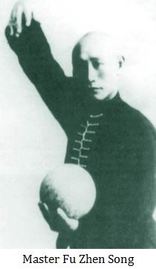 Over the past almost 20 years, I have been part of the martial arts community training and teaching people from across the world. I have judged and competed in numerous tournaments where I returned home victoriously carrying the titles of U.S. Men's National Champion, U.S. Men's Internal Grand Champion, Black Belt Champion, as well as U.S.A. All-Taijiquan Grand Champion. I was even a competing team member on the U.S. Wushu Union National Team. I have taught martial arts and its philosophy at universities across the east coast, and several years ago I opened my own Acupuncture clinic, My Metro Medicine, offering Chinese Medical Therapy, Rehab, and Chinese Martial Arts instruction in order to help heal people and pass on an art form that has changed my life and which holds a strong position in modern medicine. Reflecting back, I am amazed at my accomplishments and proud to have honored my teacher and our martial arts ancestors. My deepest learning, though, is one that will take a much longer period than a mere 20 years and is one which reminds me to not focus on the superficial level of my accomplishments I have just listed. Nor is it connected with the speed of my punches, the power of my kicks, or the number of black belt degrees I have been awarded over the years. This learning involves a study that reaches the depths of the individual which one could argue as being the soul of martial arts. A soul that only comes alive through the awakening of the martial artist. It is the study of "Wu De", or Martial Morality. Martial Morality, or Martial Ethics, is a genuine lesson in altruism that commands a perfect blend of Daoist and Confucianist standards. The art of Martial Morality consists of two complimentary areas of practice; Morality of Deed and Morality of Mind. An understanding of the Morality of Deed is defined by one's ability to demonstrate the acts of Humility, Respect, Righteousness, Trust, and Loyalty while one's understanding of the Morality of Mind is defined by one's ability to embody and exhibit the Will, Endurance, Perseverance, Patience, and Courage necessary no matter the hardship. The virtue and honor found in a living illustration of this practice and way of being are truly a rare find. Sadly, over the years and even now, I have witnessed countless disrespectful students, abusive teachers, and ignorant martial artists who have embellished in their own grandeur and who are only concerned with the reputation they have built and become attached to. Let it be known that reputation is nothing more than a tale of one person, within which exists the potential of transformation into an anecdote of distorted outcomes; a tale that could easily lack the essence of Martial Morality and be deemed as worthy and deserving of respect by the naive and untrained. In martial arts, we have a saying, "Wu Lin Yi Jia"; translated literally as the "martial forest is one family". When you were a newborn baby, you were brought into the world and raised by a mother and/or father. In the martial arts world, your teacher is your father or mother who nurtures you, starting as a "newborn" martial artist, just as your own parent would, and your classmates are your older or younger brothers and sisters. This important and supportive group of people are considered to be your immediate Gong Fu (Kung Fu) Family. Even the teachers and students of other schools are considered to be a part of your (distant) Gong Fu Family. Everyone in your "martial forest" deserves to be treated with the same respect and honor of what could be called the tenets of Martial Morality. Reputation is nothing more than a tale of one person, within which exists the potential of transformation into an anecdote of distorted outcomes. So, if martial arts mastery has little to do with physical practice and more to do with mental and spiritual practice, then why perform the movements or exercises of martial arts at all? This is because by testing the limits of your body, you learn to control the limits of your mind. In turn, the limits of your spirit are revealed creating a three dimensional harmony of all that we are capable of as human beings. In martial arts, one must perform the physical training to ensure the health and vitality of one's body. Also not to be forgotten is the practice and experimentation of breathing techniques as well as the training of one's ability to manifest and move the body's energy (Qi). Since the early developmental years of martial arts and Qigong, it was known that the first stage of training involved the regulation of the body followed by the breath, the emotional mind (Xin), the Qi, and ending with the spirit. If one does not complete each of these stages successfully, the skill of the person is considered "empty". Furthermore, if the practices of Martial Morality are not exhibited by the person even after mastering these five levels of regulation, this would also be considered "empty". 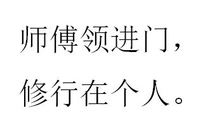 So, because of my accomplishments, am I a Master of Martial Arts? I humbly announce that I am not. In the end, this is not a question that any martial artist can answer on their own. It is determined by their own actions as well as their inactions. In my own respect, even though I have achieved much success in martial arts, I am always reminded by my martial arts family that I have only just peered through the surface into the uncharted depths of an art I hope to preserve. To close, I will leave you with one final martial arts teaching. "Shi Fu Ling Jin Men, Xiu Xing Zai Ge Ren". Translated into English, this means "the teacher opens the door, it is up to the student to walk through it." So, the door to mastery has been opened. Now, will you cross the threshold? Peacefully, 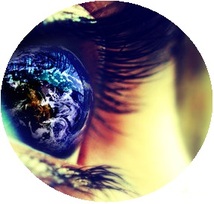 Recently, I had the honor of participating in a Tai Chi performance at the Washington National Cathedral's event "Seeing Deeper" with my teacher, Master Nick Gracenin, and other masters across the east coast. The event was created to offer learning opportunities to the public designed to enhance one's awareness of the body, mind, and spirit. The magnificent space of the cathedral was cleared entirely of chairs and benches in order to mimic the vastness of medieval cathedrals, served traditionally as places of gathering and community. The "Seeing Deeper" event also served as just this, a place of gathering, with nearly 100 people performing together the relaxing arts of Tai Chi and Qigong for nearly two hours. During our practice, my teacher inserted elements of these art forms that trace back thousands of years into their philosophy which was used as the foundation of the healing arts of China, including Acupuncture and Chinese Medicine. These elements included the essence of not only health practices and Tai Chi application but also important methods used to enhance one's quality of life. Traditionally and modernly, we know these elements as Yin and Yang as well as the Five Elements. Unfortunately though, many sources of traditional teachings were lost during the Cultural Revolution that took place in China during the 20th century. Although some of this was safeguarded, many people to this day are constantly excavating and learning through self practice the true essence and meaning of the Yin and Yang, the Five Elements, and simply how to live a life of peacefulness and understanding. The combination of the five human senses is the foundation of love. So, what does it mean to be "Seeing Deeper" anyway? Does the act of "seeing" in fact require the use of the human eye? And does "deeper" refer to the space or ground beneath us? The human body is known to have (at least) five senses: sight, hearing, smell, taste, and touch. When you remove one of these senses, e.g. close your eyes, does it make it easier or more challenging to "see"? The question is only relative to the situation in which you are attempting to "see". If you were walking ten miles across an unknown landscape, this would make the task challenging and perhaps more dangerous, but not entirely impossible. If you were simply trying to experience the texture of a piece of fruit, removing your ability to see might in fact make it easier. At the same time, would your other four senses be reduced or heightened? If your mind is no longer focusing on the use of your eyes, then your intention required would be sent directly to the senses you are still capable of utilizing allowing for them to be heightened. In the example of the piece of fruit, your sense of smell would be heightened as you would know exactly what piece of fruit it would be without even touching it, you could tap it to determine its density, you could examine its texture by touching it, and lastly, you could experience its deliciousness with your sense of taste. The art of seeing deeper requires not the skillful ability that is developed over time, but rather the innate ability that reveals itself after years of shedding away the layers of human suffering. So again, does the act of "seeing" truly require the use of the human eye? It depends on the context in which you are applying the act of "seeing". On a deeper level, when we wish to see within ourselves to understand our purpose as well as the meaning of life, we must first make a connection with our surroundings, both material and immaterial. Then we must use equally and non-judgmentally our five senses in order to experience what life has to offer. The combination of the five human senses is, in fact, the foundation of love.
The art of seeing deeper requires not the skillful ability that is developed over time, but rather the innate ability that reveals itself after years of shedding away the layers of human suffering. This said, we can only discover what is within ourselves by relating it to what is without ourselves (the outside world). Looking within is only possible by looking without. In the year 2015, practice enhancing your ability to "see deeper" by using your senses in these ways: Truly experience the textures of the food you eat. Envelop yourself in the smells of a gorgeous flower garden. Naturally move your body with the sounds (of music) that surround you. Take in visually the artistic palette of colors the world has to offer. Sensually feel the skin of the person you love and adore the most. Peacefully, |
Posted here are...inspirational ideas on healthy living through eastern medicine, optimism, and possibility through empowerment. Archives
March 2020
Categories
All
|
HOURS & LocationMondays-Thursdays 5:30-6:30pm (Tai Chi & Qigong only)
Fridays 5:00-6:00pm (Tai Chi & Qigong only) Saturdays 1:00-6:00pm (Acupuncture only) |
CONTACT Us |

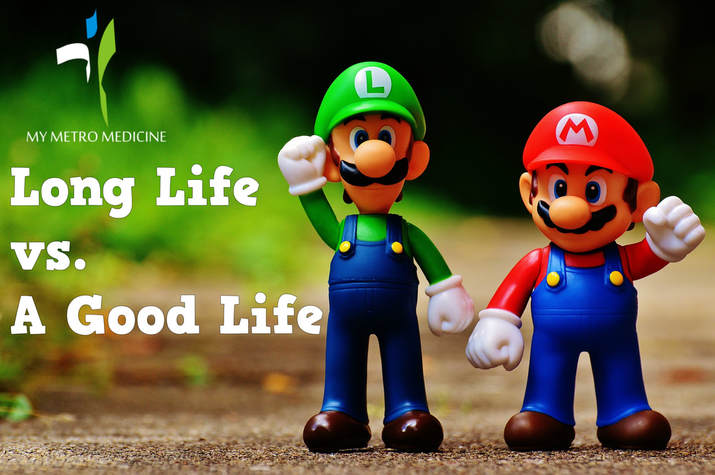

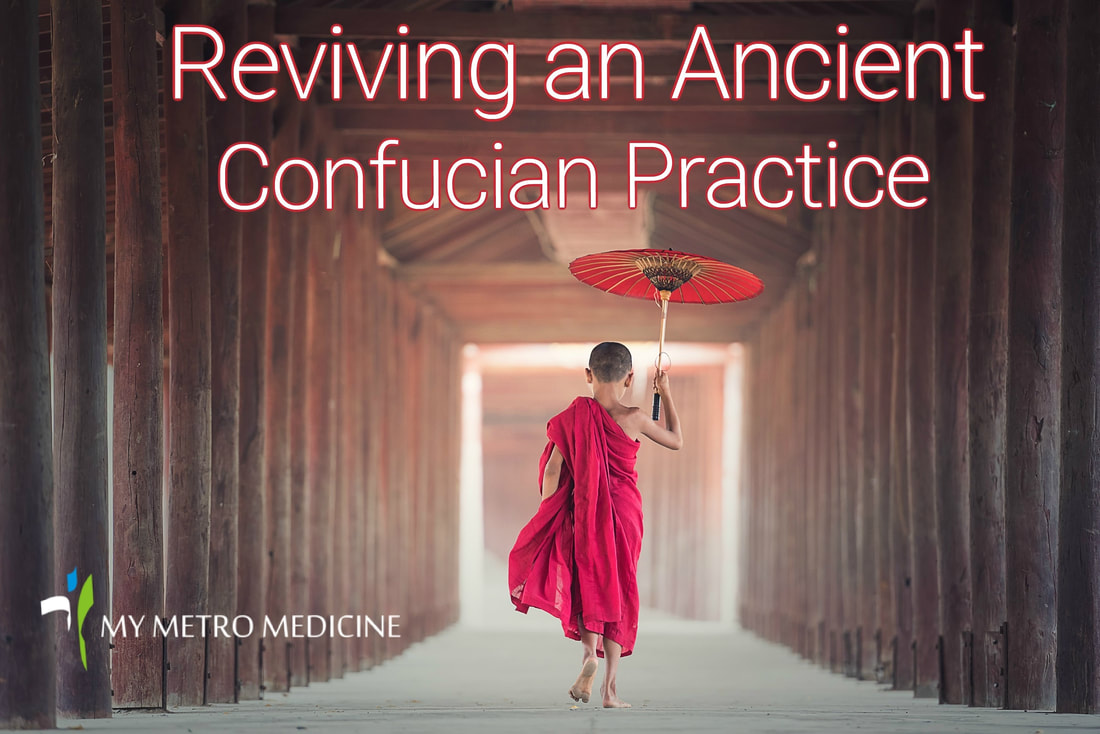

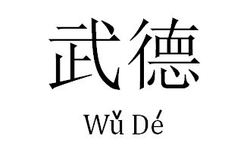
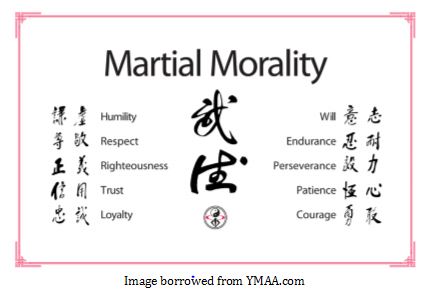


 RSS Feed
RSS Feed
